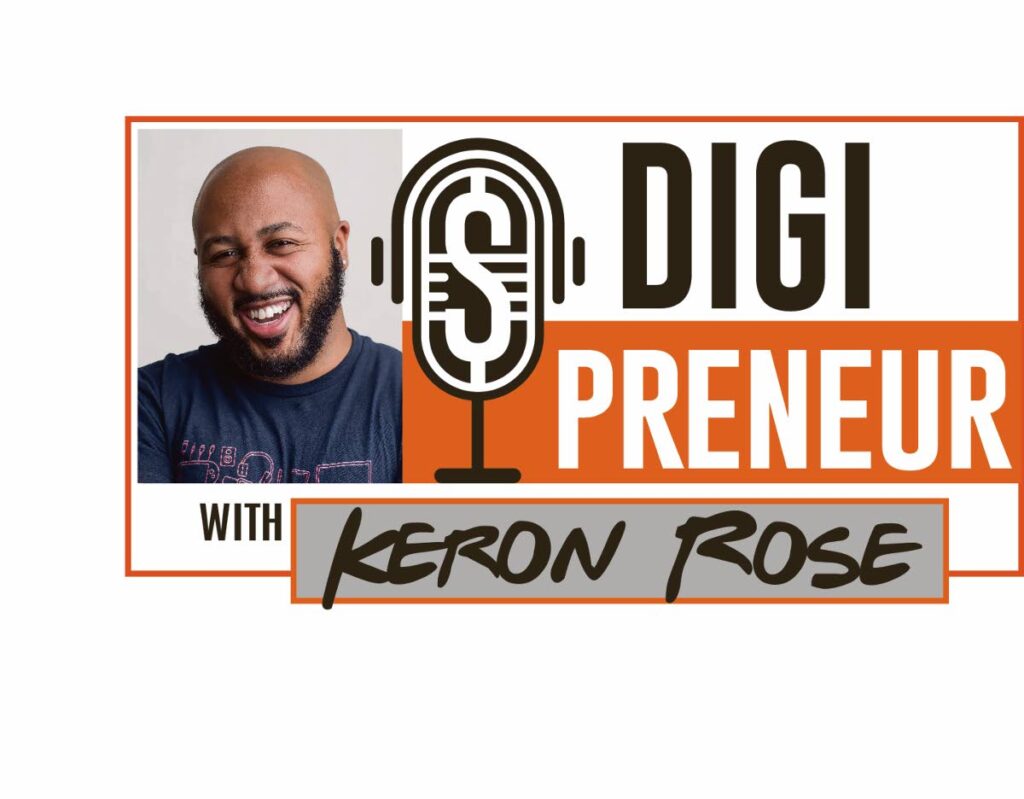Businesses don't understand influencer marketing


When the term "influencer marketing" comes up, what is the first thing that comes to your mind?
Is it people posing with products, pretending to use them? Is it people showing off their new clothes haul and taking videos getting ready? Or is it of people reviewing products who got them for free, giving amazing reviews when you have the same products and know that it isn’t good?
Well, you wouldn’t be wrong. Day by day, campaign by campaign, event after event, one thing remains completely clear in Trinidad and Tobago; businesses and the popular people we class as influencers have little understanding of influencer marketing.
What is influencer marketing? Well, let me offer up a definition from HubSpot: “Influencer marketing employs leading, niche content creators to improve brand awareness, increase traffic, and drive messages to brands' target audiences. It's this collaboration between brands and creators that allows businesses to expand their reach across their buyer personas.”
The three key goals of influencer marketing are sales, lead generation and brand awareness. Anytime a brand is looking to work with an influencer, the campaign should ultimately try to satisfy one of these goals.
Here in TT, we have some major problems when businesses try to use influencer marketing, and even more problems with the influencers themselves.
Businesses haven’t wrapped their mind around the fact that influencers are not just popular people with a large following. Influencers get the name because they can ultimately influence their audience to take action, aka to help them make a purchasing decision. They are typically experts in whatever niche they are in and are viewed as experts by their audience. When they showcase a product, they can mobilise their audience to go out and buy.
Businesses instead tend to find popular people and send them all sorts of random products or bring them in on campaigns that are unrelated to their niche, to try to take advantage of their following.
Influencers in TT are making the grave mistake of selling access to their audience to any and everybody for money. They will take on contracts from companies/products that have no relation to their content.
Here is an example. Last week, a company launched a new type of laundry detergent that is supposed to be economically friendly, targeting lower-income households. They threw an extravagant soiree at a hotel and invited all the people they could find with a high following on TikTok to check out the new detergent.
In the speech, they mentioned that soap has not been affordable to a wide section of households.
Why throw an event at a venue that your target market cannot afford? Why would you bring popular people who have never spoken about laundry soap or anything close to your niche?
As an influencer, why would you accept an invite to a brand that has no relation to the content you are putting out? It’s off-brand even to talk about it on your channels, and right-thinking people will not trust your endorsement because you are not known for talking about soap. Which defeats the purpose of a brand working with you, since you are not able to influence a decision in this respective space.
Brands in TT need to get away from using popular people with no relation or expertise in their niche, because they won’t be able to drive the sales needed, which a more aligned influencer could.
Not all popular people are influencers, and if you are looking to become one, you need to learn to carve out your niche, become the expert in that niche and stop taking contracts from every company that offers you money.
If you do not have the power to influence a purchase because the audience believes you will say all the right things for money, then you have zero power to influence a purchase or get your audience to take action. Which is the entire purpose of influencer marketing.
Micro-influencers are also being used by more brands around the world, owing to their expertise and closer relationships with their audience. Micro-influencers are defined as people with a following of 1,000-100k followers, whilst macro-influencers have 100k to one million followers.
I encourage brands to start looking for better alignment when working with influencers to achieve better results, and influencers need to learn the basics of what influencer marketing is and how it helps businesses.
Brands need to also use better tools/systems to track sales and leads the influencer is bringing the business and go beyond how many likes or views their post gets.
Influencer marketing is much more than what we see in TT; popular people promoting every product, giving amazing reviews and spamming our feeds with lacklustre products that do not fit their brand or niche.
To learn more about building your digital presence, visit KeronRose.com. Check out the Digipreneur FM Podcast on Apple Podcast/Spotify/Google Podcast.

Comments
"Businesses don’t understand influencer marketing"